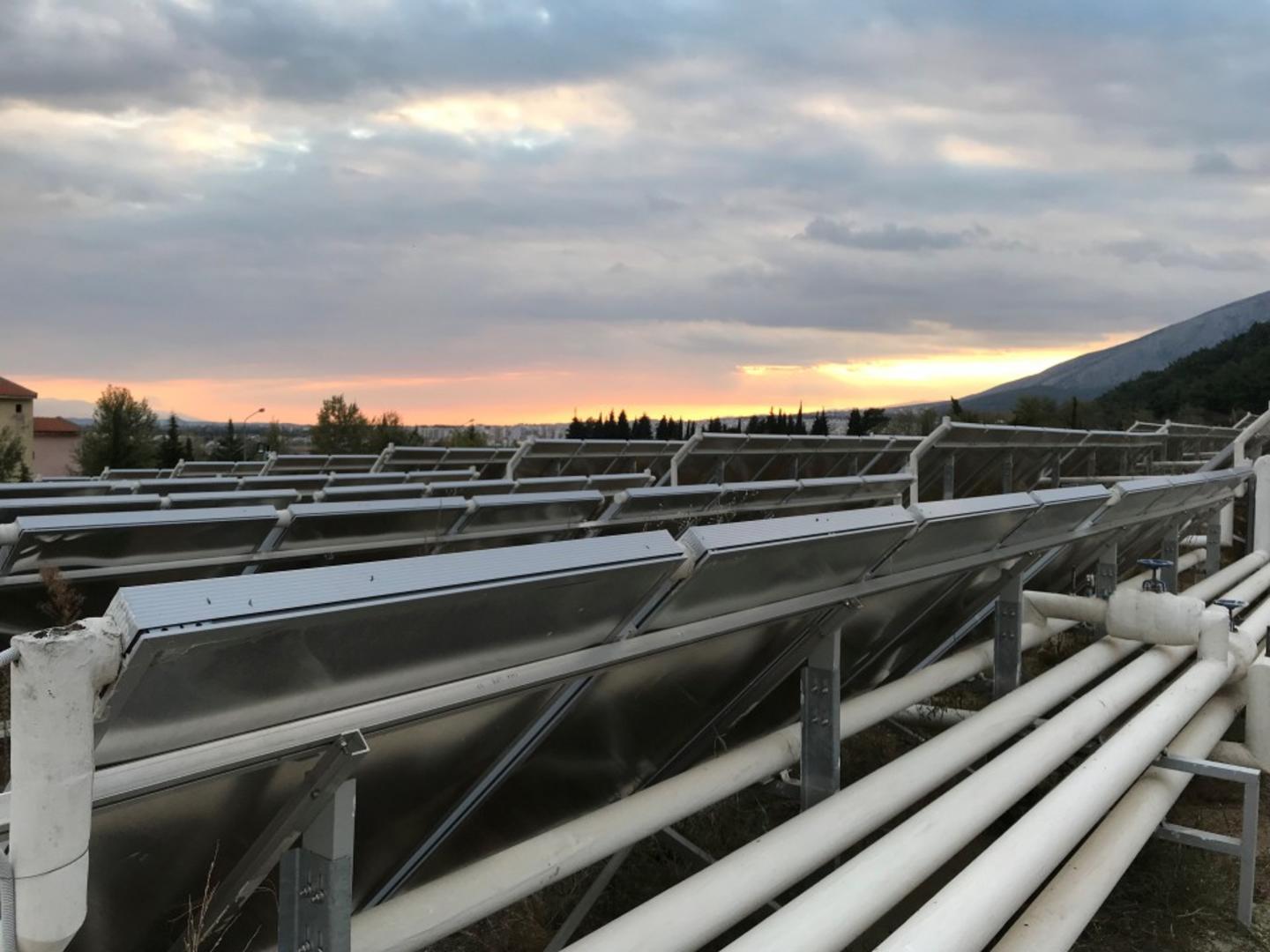Key information about the programme
- The programme is operated by: The Centre for Renewable Energy Sources and Saving (CRES) in Greece
- The programme's objective is: Less carbon-intensive energy and increased security of supply
- The programme funding (excluding co-financing) amounts to €7.5 million and is funded entirely by the EEA Grants.
Why is the programme needed?
The building sector accounts for approximately 40% of the energy consumption and 36% of CO2 emissions in the EU, making the sector the single largest energy consumer in Europe. Investments towards more energy efficient buildings are needed in many European countries and Greece to improve the potential for energy savings, and corresponding emissions reductions. This also involves investment in local renewable energy production.
The EU Energy Performance of Buildings Directive requires all new buildings to be nearly zero-energy by the end of 2020, and all new public buildings must be nearly zero-energy by 2018. Across Europe there is a great need to improve the sharing of experiences and knowledge in order to develop capacity required to plan, construct and operate the highly energy efficient buildings we need optimise energy efficiency. Moreover, renovating existing buildings has the potential to lead to significant energy savings – potentially reducing the EU’s total energy consumption by 5-6% and lowering CO2 emissions by about 5%.
What will the programme achieve and who are the beneficiaries?
The Greek Energy programme provides funding for near-zero emissions buildings in the public sector. Through the programme approximately seven projects are expected to be funded, which will apply innovative technologies, processes and/or solutions for energy efficiency and renewable energy. A main objective of the programme is to provide good examples of the potential and need for near-zero emissions buildings, and to spur further investments through dissemination, experience sharing and training. The programme also expects to reinforce the local economy and their communities by providing work to local contractors and the creation of 10 new jobs. A further 200 people are expected to be trained in energy efficiency and renewable energy.
How will the programme strengthen bilateral relations?
To achieve a less carbon intensive and more secure energy supply, the sharing of knowledge and experience is crucial. The Greek Energy programme will facilitate partnerships in the projects by carrying out match-making events and activities in conjunction with the launch of call for proposals, which will also encourage partnerships with the Donors States. It is expected that these partnerships will result in mutually beneficial activities and long-lasting cooperation between the involved parties, thus strengthening the bilateral relations between Greece and the Donor States.
Availability of funding through open calls
Funding in this programme will be made available through one open call for proposals on near-zero emissions buildings.
- The call is tentatively planned for the second half of 2019
> Download the full programme agreement for more detailed information about the programme
> More information can also be found on the Programme Operator's website
